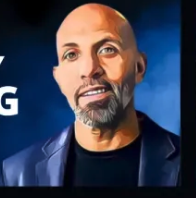By Jean-Benoît Nadeau & Julie Barlow
 To celebrate the 130th anniversary of the Alliance française, French President François Holland welcomed the institution’s directors to the Élysée Palace, where they discussed the organization’s qualities and accomplishments.
To celebrate the 130th anniversary of the Alliance française, French President François Holland welcomed the institution’s directors to the Élysée Palace, where they discussed the organization’s qualities and accomplishments.
Holland’s revelation that his grandfather had made him learn entire pages of the French dictionary by heart garnered a lot of media buzz.
Holland’s story was probably meant to be touching, but the President completely missed the mark. It was a poor choice of anecdote to illustrate the virtues of French language teaching. Instead, the story highlighted how, in teaching their language, the French have remained fixated on the written form of their language, idealizing written French as the perfect “form” of the language.
French teaching has long suffered from this stubborn fixation on spelling, and teaching through dictation exercises. In teaching, the French idealize impossible language standards, then demonizes errors by labeling them as fautes (literally, “faults,” which carries a moral undertone, making them worse than mere mistakes). Yet the French language is more than its dictionary and spelling rules, which are constantly changing. In fact, today’s French is to some extent the sum of all the fautes of earlier generations who forged the language.
We can only hope that the French will overcome this limited and uninspiring conception of their language, and that the next occupant of the Élysée Palace will find a better way to congratulate the Alliance française when it celebrates its 140th anniversary.








